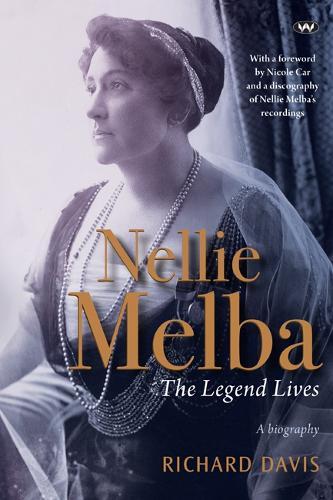The Low Road
Scribe, $32.95 pb, 280 pp
The Low Road by Chris Womersley
The resounding metaphor in The Low Road is that of a bullet wound and ‘the shock waves it sends through the body, often creating a cavity ahead of where the bullet stops. Almost as if the body accommodates the object’s anticipated trajectory and manufactures its very own injury.’ Chris Womersley’s intentions are suitably applicable to this laparoscopic image: to examine the cycle of crime, social alienation and despair, set against an uncanny dystopian landscape.
With a bullet lodged in his stomach, Lee awakes one evening in a seedy room with ‘a bloodshot cast to it’, grimy yellow paint and aluminium window frames; he has been dumped at the ironically named ‘Parkview Motel’. In the room, Lee also finds a suitcase full of cash and Wild, a morphine-addicted doctor, who is cleaning his wound. The men forge an unorthodox connection through their mutual transgressions: Lee, recently released from prison, is being hunted by a gangster associate; Wild, awaiting criminal conviction, has skipped bail. Wild, ill qualified to treat Lee, suggests travelling to the countryside where he knows another, discreet doctor, who can properly attend to Lee whilst supervising Wild’s own drug rehabilitation.
There is much to admire about this bleak novel. The language of Lee is affecting, albeit monosyllabic and vernacular. Womersley is equally impressive in the evocation of multi-sensory imagery: ‘a sound like a knife shredding cabbage.’ The violence, in particular, is powerfully done: Lee flogging a horse to death is a scene of lasting horror. Wild, who could easily have become a feeble and inconsequential character, is portrayed with almost endearing nuances; he is like ‘the car nobody drove anymore’.
The Low Road, though long, is a satisfying journey. It comes as a welcome change from the undistinguished pseudoautobiography lately emerging from some début novels. Only the occasional burst of trite Hobbesean rhetoric taints this impressive work.










Leave a comment
If you are an ABR subscriber, you will need to sign in to post a comment.
If you have forgotten your sign in details, or if you receive an error message when trying to submit your comment, please email your comment (and the name of the article to which it relates) to ABR Comments. We will review your comment and, subject to approval, we will post it under your name.
Please note that all comments must be approved by ABR and comply with our Terms & Conditions.